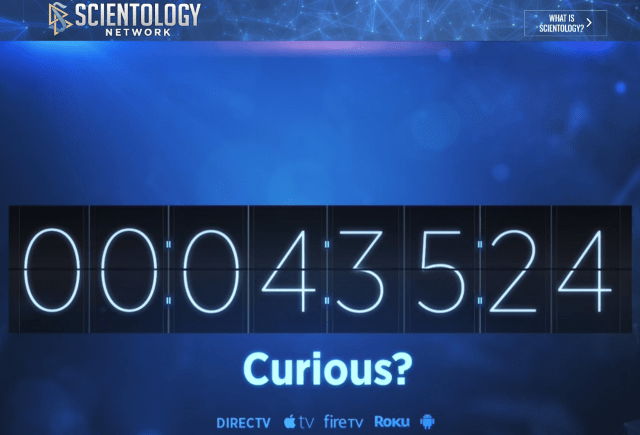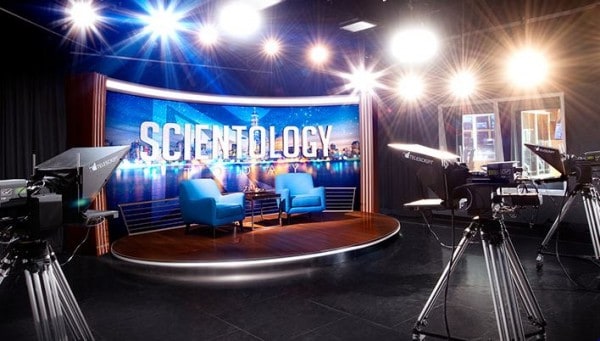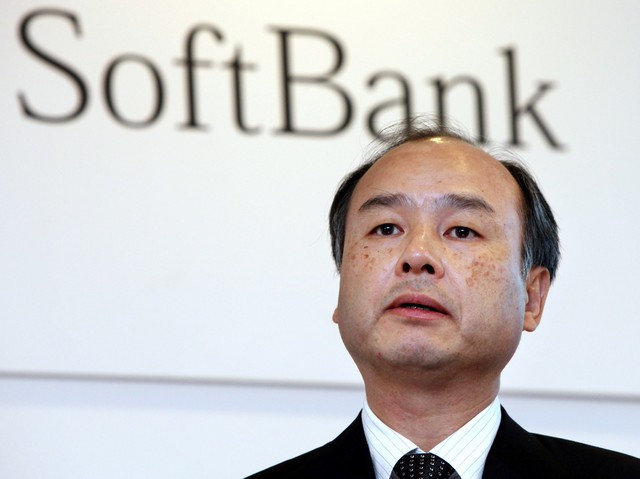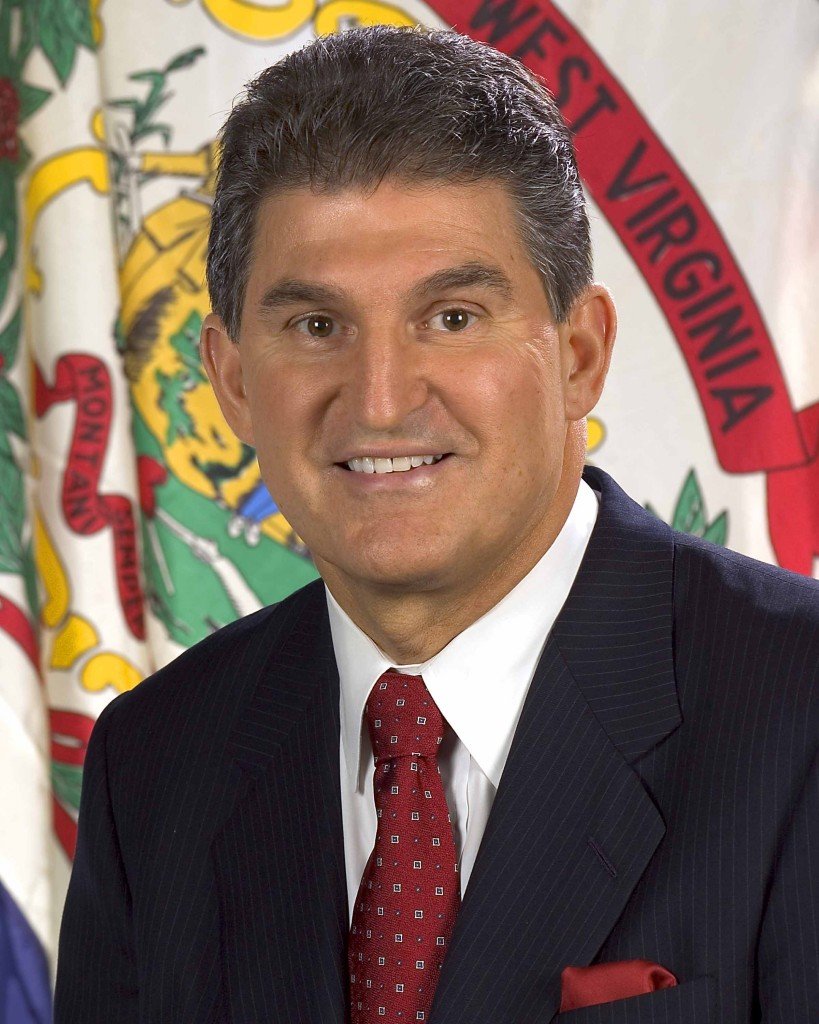
The controversial Church of Scientology is going direct-to-home with its message to the masses with the launch of its new television network, Scientology TV, which begins regular programming tonight at 8pm EDT.
Although the Church was allegedly negotiating with Charter Communications to pick up the new network for its Spectrum TV subscribers, for now, it is confirmed the new network will launch on the DirecTV platform (channel 320), and for those owning Apple TV, Amazon Fire TV, Chromecast, and Roku devices. An app version of the network is also available for iOS and Android.
A countdown timer is currently running on the network with its tag, “Curious?,” which is a question/theme regularly seen in Scientology advertisements.
 Over the weekend, Scientology leader David Miscavige appeared at Flag Land Base, the Church of Scientology’s spiritual headquarters in Clearwater, Fla., to announce the imminent launch of the network. In Los Angeles, L. Ron Hubbard Way has been blocked off at the southern end for a celebration when the network goes live.
Over the weekend, Scientology leader David Miscavige appeared at Flag Land Base, the Church of Scientology’s spiritual headquarters in Clearwater, Fla., to announce the imminent launch of the network. In Los Angeles, L. Ron Hubbard Way has been blocked off at the southern end for a celebration when the network goes live.
The launch of the new network was a surprise for many, despite the fact the Church acquired the multimillion dollar production studios of public TV station KCET in Los Angeles in 2011. The Church said it intended to use the studios for programming production and satellite distribution of HD content.
Although the network has promoted “full episodes of your favorite shows,” the initial schedule is limited to in-house produced Scientology programs that promote the Church’s agenda. “The Truth About Drugs” is a documentary complaining about psychiatric medications, something the Church opposes. Other shows include, “Inside Scientology,” “The Way to Happiness,” and the teachings of Church founder L. Ron Hubbard.
Whether the network also intends to air mainstream television programming to attract viewers to its Scientology message is unclear at press time.
Church critics contend Scientology TV is the Church’s response to a devastating series of exposé documentaries and ex-Church member Leah Remini’s popular A&E series “Scientology and the Aftermath.”
“Scientology TV will be little more than ‘mystery sandwich’ propaganda which we’re already quite used to from the church and its YouTube channel, the kind of stuff it’s been airing during Super Bowls the past five years, for example,” wrote Tony Ortega, who writes The Underground Bunker, an authoritative blog about the Church and its dissident ex-members. “Those slick ads are designed to make viewers curious about Scientology without actually telling them anything concrete about it. And we have grave doubts that Scientology TV, the cable channel, will itself go anywhere near explaining what really happens in the Church of Scientology.”
Ironically, at the same time Scientology TV is launching, the ID network will be airing a Vanity Fair Confidential special about the “strange disappearance” of Shelly Miscavige, the wife of the current head of Scientology.


 Subscribe
Subscribe



 Except it won’t. We expect no cable company will oppose a measure that is based largely on the recommendations from the cable industry itself. Nothing in the bill would prohibit Comcast, AT&T, or other companies from “punishing” you for downloading 50 movies each month with a much higher bill as a result of exceeding your data cap and facing punitive overlimit fees.
Except it won’t. We expect no cable company will oppose a measure that is based largely on the recommendations from the cable industry itself. Nothing in the bill would prohibit Comcast, AT&T, or other companies from “punishing” you for downloading 50 movies each month with a much higher bill as a result of exceeding your data cap and facing punitive overlimit fees. Comcast is raising internet speeds of several of its XFINITY internet service plans in the northeastern United States as it continues to battle Verizon’s fiber to the home network FiOS.
Comcast is raising internet speeds of several of its XFINITY internet service plans in the northeastern United States as it continues to battle Verizon’s fiber to the home network FiOS.